Between the Lines of the Vienna Convention? —— Canons and Other Principles of Interpretation in Public International Law
----- 在维也纳公约之间?:国际公法中的教规和其他解释原则
The 1969 Vienna Convention on the Law of Treaties makes no express reference to many of the most common canons and interpretative principles derived from international jurisprudence over many years. This volume represents the first modern, freestanding analysis of such canons and principles, their role in treaty interpretation and their relationship with the Vienna Convention regime.A top-flight roster of respected scholars and practitioners of public international law offers an in-depth examination of, among other things:? the origins of canons and interpretive principles;? their utility and limits in treaty interpretation; and? the application of numerous individual canons and interpretive principles, including effet utile, expressio unius, lex specialis, ejusdem generis, in dubio mitius, in pari materia, ex abundante cautela, the principles of contemporaneity and evolutive interpretation, and more.Extensive analysis of case law and scholarship provides insightful interpretive guidance across virtually every subfield of public international law. With its valuable insights into when the application of particular canons or principles of interpretation is most likely to be appropriate and persuasive, the volume will be of great value to lawyers representing parties (whether states, corporations or individuals) before international dispute resolution bodies, as well as to judges and arbitrators, legal officials at ministries of foreign affairs, and scholars of public international law.
{{comment.content}}
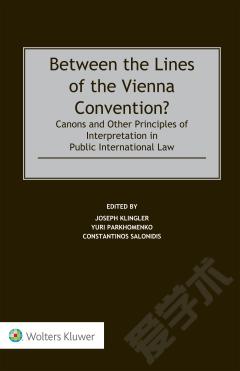
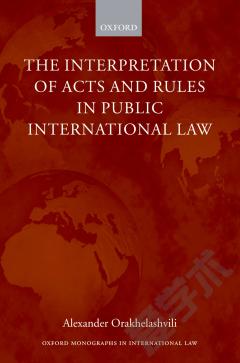

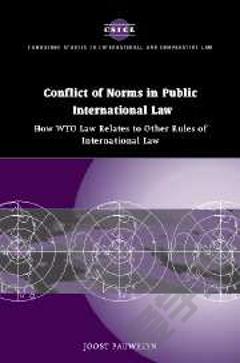
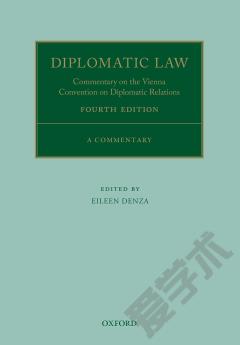
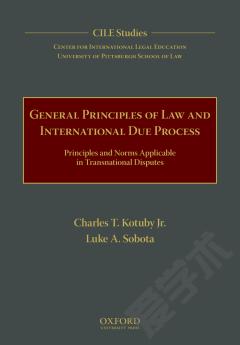


 京公网安备 11010802027623号
京公网安备 11010802027623号